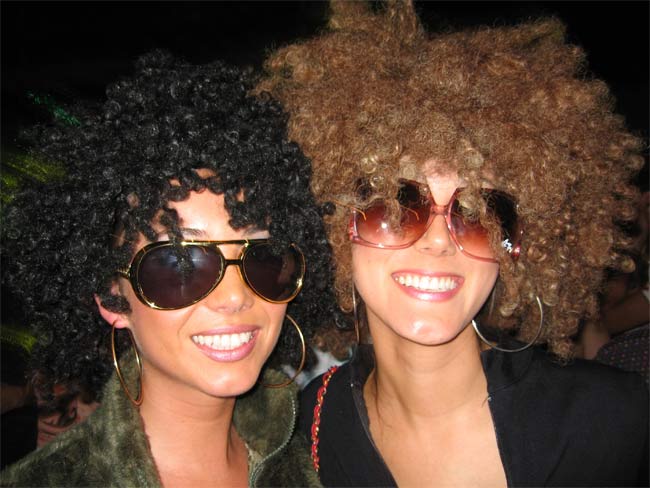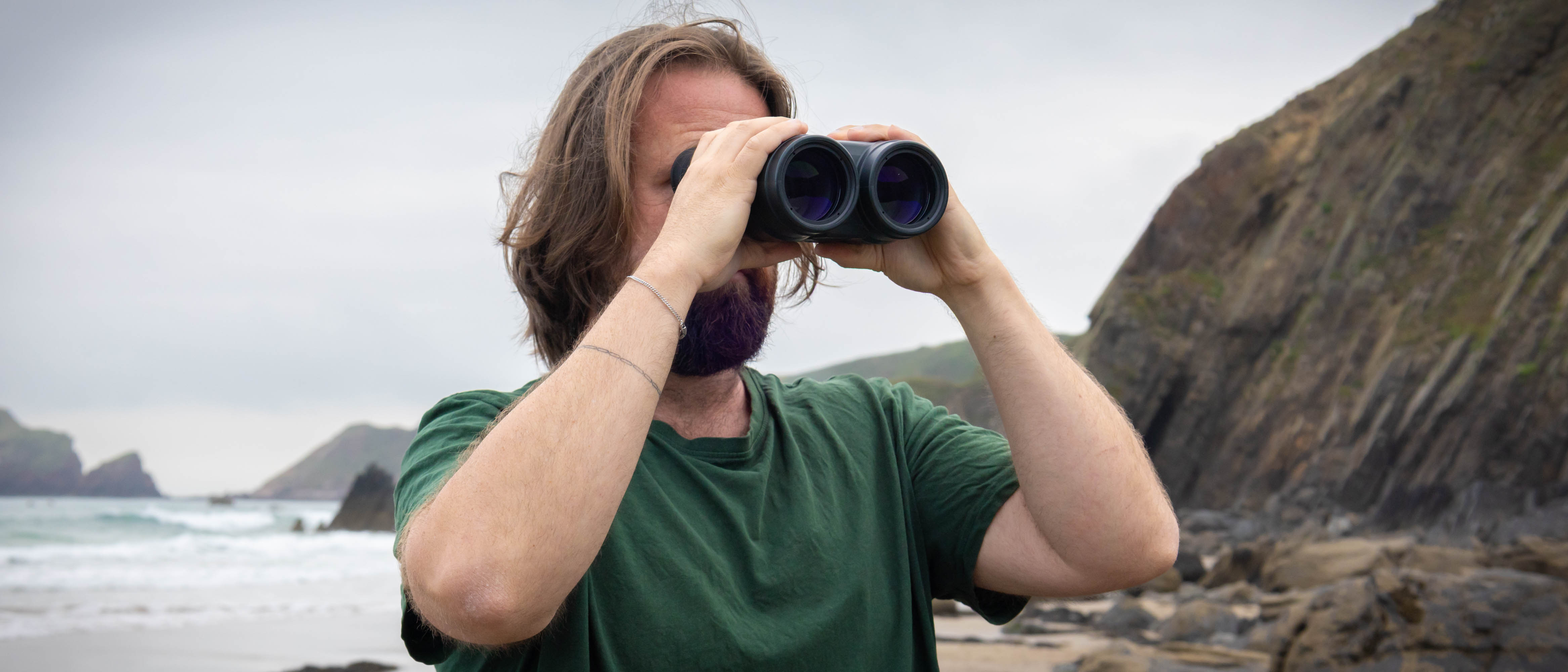Study: Your Personality Can Change (and Probably Should)

Can a Type-A overachiever become a slacker? How about the guy who can’t hold down a job to save his life—could he transform into an adrenaline-pumping go-getter? A leading expert in personality psychology says yes: Personality can change. The once accepted idea that an individual’s personality is set in stone is, well, changing. “You read about this twin research where these people who have been raised apart have remarkable similarities,” said Carol Dweck, a psychologist at Stanford University. “They married women with the same name; they named their dog the same thing; they both build little ships that fit into a bottle and they show up to their reunion wearing almost identical clothing.” She added, “The implication there is that it’s all programmed in,” that personality is permanently stamped into our genes. The static-character research is typically based on a definition of personality comprising five features, called the five-factor model, including openness to experience, conscientiousness, extraversion, agreeableness and neuroticism. While these factors are important to a person’s character, Dweck argues they aren’t the definitive word, and results generated from the model could be missing subtle, yet critical, aspects of personality. She will present her research this week at an annual meeting of the Association for Psychological Science in Washington, D.C. “My point is that there’s a really big in-between area that they don’t talk about, and these are the crucial beliefs that people develop as they grow and learn,” Dweck told LiveScience in a telephone interview. For instance, whether a person views intelligence as a fixed trait or one that can change can greatly impact their “trademark” behaviors. Called fixed or growth mindsets, the two different views of oneself develop early in childhood and can contribute tremendously to personality. “It has a big impact on their motivation and achievement,” Dweck said. “It plays a role in business and in social relationships, whether people can solve conflicts, and also whether they can bounce back from failures and rejections.” When Dweck studied students at Columbia University, she found that those with fixed views about intelligence were primarily focused on proving their smartness and so were less motivated to learn and less likely to take on challenges.
Dweck and her colleagues have shown that “when you change the belief, a lot of important things happen: students’ motivation turns around; their grades and test scores go up; managers become better mentors, more successful negotiators.” When children or even adults are taught that abilities and character features can develop and change, they become more resilient to setbacks. Similarly, when it comes to romantic relationships, pop magazines often tout the idea that certain personalities (or astrological signs) are like oil and water and it’s best to just steer clear of each other. Dweck’s research shows oil and water can change in a way that compatibility is possible. A sure sign of a “failed” relationship is non-stop arguing. Individuals with fixed ideas about their personalities don’t try to resolve conflicts. Why bother? “They just try to either ignore [the conflict] or when it gets really bad they consider leaving the relationship,” Dweck said. Perhaps it’s not as tough as people think to save that relationship. “They are just beliefs, and beliefs can change,” Dweck said.
- 10 Things You Didn’t Know About You
- Nature vs. Nurture: Mysteries of Individuality Unraveled
- Top 10 Mysteries of the Mind
Get the world’s most fascinating discoveries delivered straight to your inbox.
Jeanna Bryner is managing editor of Scientific American. Previously she was editor in chief of Live Science and, prior to that, an editor at Scholastic's Science World magazine. Bryner has an English degree from Salisbury University, a master's degree in biogeochemistry and environmental sciences from the University of Maryland and a graduate science journalism degree from New York University. She has worked as a biologist in Florida, where she monitored wetlands and did field surveys for endangered species, including the gorgeous Florida Scrub Jay. She also received an ocean sciences journalism fellowship from the Woods Hole Oceanographic Institution. She is a firm believer that science is for everyone and that just about everything can be viewed through the lens of science.
 Live Science Plus
Live Science Plus





